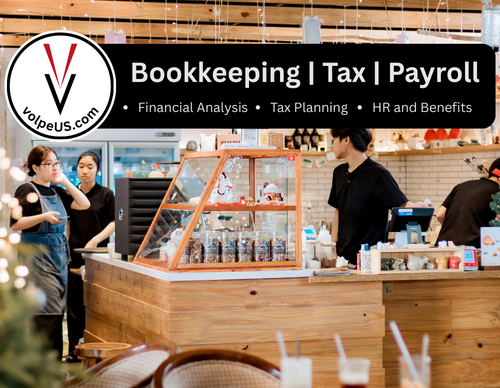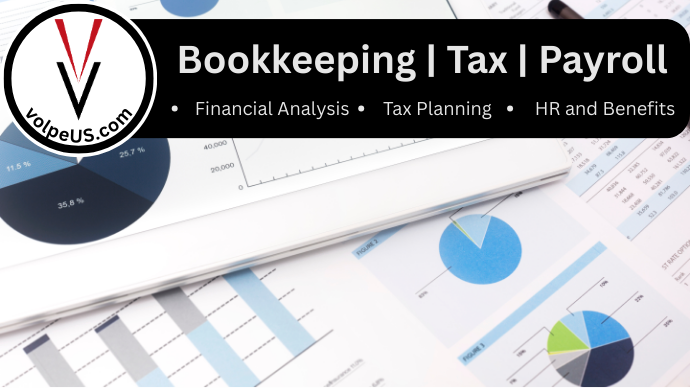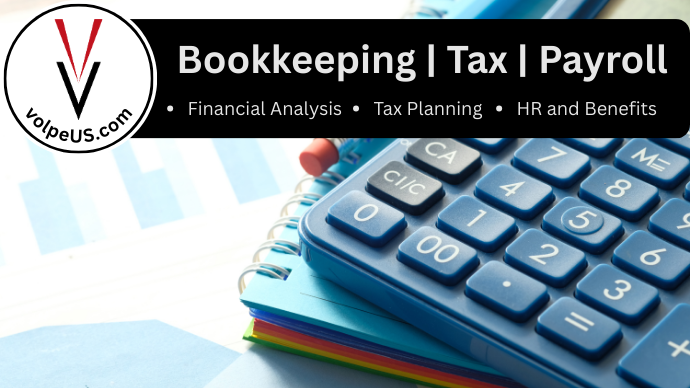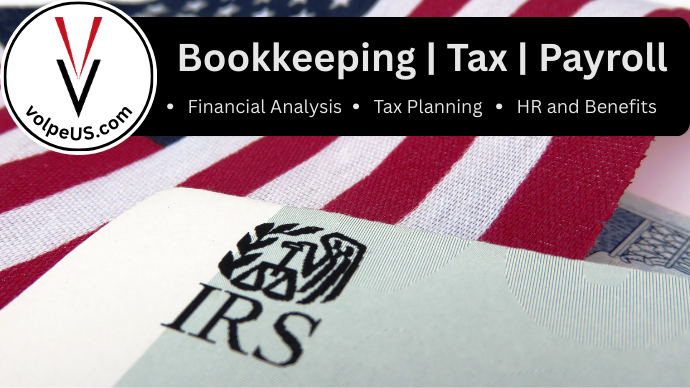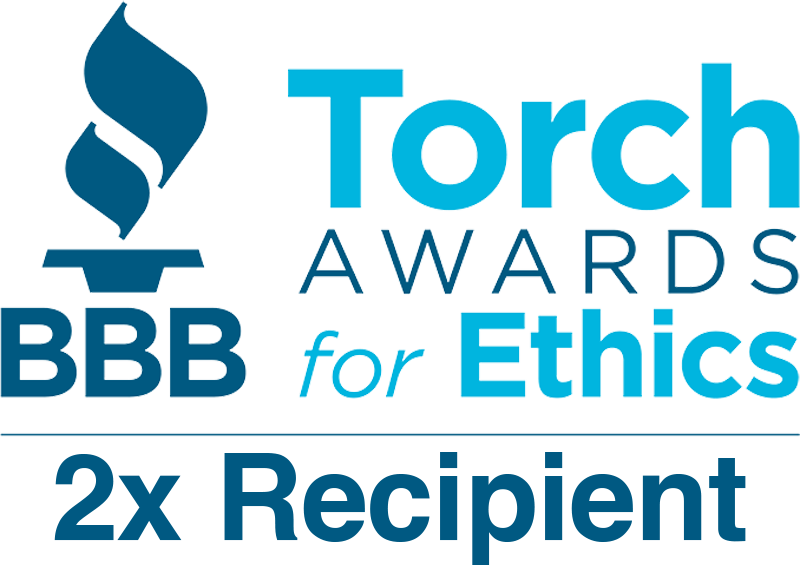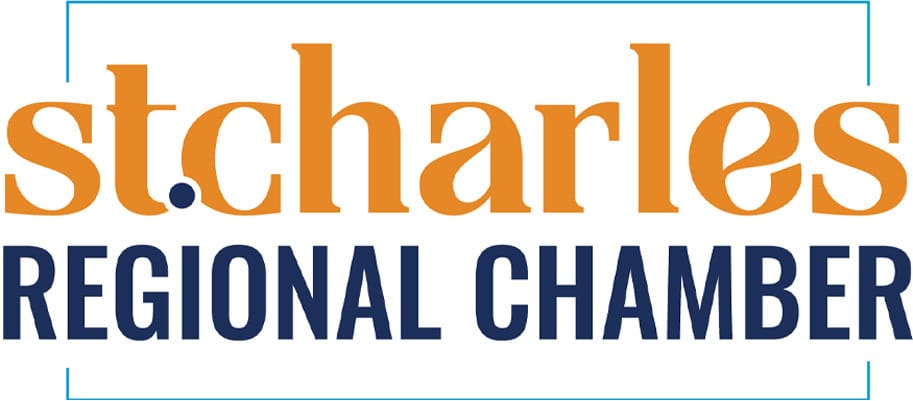Jump to a Specific Section
The Role of the IRS and Tax Laws
When it comes to managing your finances, it’s essential to understand how the IRS operates and the types of expense fraud they closely monitor. The IRS, or Internal Revenue Service, is the U.S. government agency responsible for tax collection and tax law enforcement. Their primary role is to ensure compliance with tax laws and regulations. The IRS keeps a vigilant eye on numerous types of fraud, such as:
- Tax Evasion
- Identity Theft
- Falsified Deductions
- Unreported Income
“Tax fraud continues to be one of the most urgent issues we face. Fraudulent activity takes many forms, from money laundering and illegally obtaining small business relief loans…to misuse of virtual currency and syndicated conservation easements. The common thread is that when we find instances of tax fraud, we’re determined to put an end to it — including criminal prosecution, when appropriate.”
James Lee, Chief of IRS Criminal Investigation; Damon Rowe, Executive Director of IRS Office of Fraud Enforcement
When it comes to filing your taxes, accuracy and honesty are paramount. Submitting fraudulent or incorrect expense reports can lead to serious consequences—not only for the individual, but for the organization as a whole.
Understanding Expense Fraud
Expense fraud refers to the act of falsifying or manipulating expense reports to gain reimbursement for non-business-related or inflated expenses. This type of fraudulent activity can be committed by front-line employees, middle managers, or even C-suite executives and business owners. It take various forms, including the submission of fake receipts, forging documentation, or even miscategorizing personal expenditures as business related.
Additionally, expense fraud often involves duplicate reports where the same expense is claimed more than once, adding an extra layer of complexity for companies trying to identify and deal with such deceitful actions.
These fraudulent activities create substantial financial drains on organizations, affecting their overall profitability and leading to increased operational costs. The motivations behind expense fraud can vary, but often revolve around employees seeking additional income or feeling justified in recovering personal spending through company funds. Monitoring for unusual or inconsistent expense claims and establishing a strong system of checks and balances are crucial steps organizations must take to mitigate the risk and impact of expense fraud.
Expense Fraud Statistics
- From January 2022 to September 2023, organizations lost an average of more than $1.5M per fraud case
- Companies lose an average of 5% of their annual revenue to fraud
- Nearly 40% of employees admit to exaggerating their expense reports
- It takes an average of 24 months to detect expense fraud
The Most Common Types of Expense Fraud
Fictitious Expenses
This involves creating fake receipts or documentation to claim expenses that never occurred. Employees might use software or physical receipts to fabricate these claims.
Miscategorization of Expenses
Employees or individuals may misclassify personal expenses as business related. For example, claiming a family dinner as a client meeting. This is a common type of expense fraud due to the ease in which many feel it can be accomplished.
Overstating Expenses
This occurs when employees or business owners inflate the amount spent on actual expenses. One example of this is would be an individual claiming a meal cost $350 when in reality it cost $75. In other words, someone reports a higher cost for a business meal than was actually spent either to be reimbursed the inflated amount (an employee), or to reduce the taxable bottom line of the business (an owner).
Duplicate Receipts
Another example of fraud is submitting the same receipt multiple times across different expense reports or periods, double-dipping on the reimbursement or deductible expense. This can be done intentionally to claim the same expense reimbursement multiple times, though sometimes it can be an unintentional honest mistake. More likely is that it’s done intentionally and the offender claims it was done on accident.

How to Avoid Expense Fraud
Safeguarding your company against expense fraud involves a combination of vigilance, regular reviews, and stringent policies.
Here are some actionable steps you can take to avoid committing tax fraud:
Monitor Your Books, Expenses, and Categorization Regularly
- Examine credit card statements and receipts monthly for appropriateness.
- Periodically review the check register or ledger for timely payroll tax payments.
- Verify mileage reports, especially if you have a large field force.
Audit, Training, and Compliance
- Conduct annual audits of employee expense reports to ensure they comply with company guidelines.
- Periodically review expense reports, credit card charges, and telephone bills.
- Develop a stringent approval process with multiple levels of authorization, ensuring that no single person has the autonomy to approve their own expenses.
- Utilize automated expense management software that flags irregularities and duplicates. These systems can monitor patterns and variances more effectively than manual processes, reducing human error and potential fraud.
- Regularly train employees on the importance of ethical behavior and adherence to expense policies. Educate them on the consequences of expense fraud for both the organization and themselves.
- Issue corporate credit cards for business expenses. These cards provide detailed transaction records and make it easier to monitor spending in real time, thus enabling faster fraud detection than relying on receipts to provide reimbursements.
Can Small Businesses be Affected by Expense Fraud?
Absolutely. Small businesses can be seriously impacted by expense fraud. While large corporations may have more resources to detect and manage fraud, smaller companies often lack the robust financial controls necessary for early detection. This makes them highly susceptible to fraudulent activities, which can lead to significant financial loss, operational disruptions, tax penalties, and legal repercussions.
Expense fraud in small businesses usually involves employees inflating expenses, claiming fictitious expenses, or submitting duplicate receipts. These actions can be subtle, and if left unchecked, can aggregate over time, creating a substantial financial burden on the business. Imagine an employee overstating their travel expenses by just $150 every month; within a year, that’s an $1,800 loss—enough to affect a small business’s cash flow and profitability.
Moreover, small businesses often run on tight budgets and may not have the internal auditing mechanisms of their larger counterparts. This makes it critical for them to establish clear expense policies, conduct regular expense audits, and use automated tools to track and manage expenses. Encouraging a transparent business culture and providing training to staff about the consequences of committing expense fraud are essential steps in mitigating these risks.
There is no business is too small to be affected by expense fraud. The key lies in early detection, prompt action, and preventive strategies.

Penalties and Punishment for Expense Fraud
Expense fraud is not only unethical but also illegal, and the penalties can be severe. Businesses must take decisive action to address and deter fraudulent activities. When an employee is caught committing expense fraud, internal disciplinary actions are necessary. These actions can range from suspension to termination, depending on the severity of the offense.
Punitive action is not limited to internal measures. Companies should consider legal actions against offenders. Prosecution can involve pressing charges for theft, embezzlement, or fraud, potentially leading to criminal records, hefty fines, and imprisonment. Holding individuals accountable in this manner not only punishes the perpetrator but also serves as a deterrent to others in the organization.
The ramifications extend beyond legal penalties. Trust within the organization can be severely damaged, leading to a toxic work environment. Moreover, the financial impacts can be profound, including significant losses and potential damage to the company’s reputation.
To mitigate these risks, businesses must implement robust controls and thorough review processes. Regular audits, clear policies, and ongoing training can empower employees to understand the importance of compliance and the consequences of fraudulent activities.
How an Accounting Firm Can Help You Avoid Tax Fraud
An accounting firm plays a pivotal role in maintaining accurate and up-to-date bookkeeping. By systematically recording and managing all financial transactions, they ensure your books are accurate, comprehensive, and compliant with regulations. This precise documentation allows for better financial analysis and planning while minimizing errors that could lead to tax fraud.
Additionally, accounting firms utilize advanced software to streamline the bookkeeping process, ensuring every expense is categorized correctly and consistently reviewed. With their expertise, you can maintain financial integrity, prevent discrepancies, and make informed business decisions confidently.
- Expertise and Knowledge: Professional accountants stay abreast of the latest tax laws and regulations, ensuring your business remains compliant and avoids inadvertent tax fraud.
- Accurate Record-Keeping: They handle all financial records systematically, reducing the risk of errors that could lead to fraudulent activity.
- Regular Audits: Accounting firms routinely audit your financial statements, identifying discrepancies and implementing corrective measures promptly.
- Internal Controls: They establish strict internal controls to prevent unauthorized transactions and ensure only legitimate expenses are recorded.
- Fraud Detection Systems: Utilize advanced software and methodologies to detect and prevent fraudulent activities before they impact your finances.
- Employee Training: Provide training for your staff on best practices and ethical standards in financial matters.
- Proactive Advice: Offer strategic advice on legal tax-saving measures, optimizing your financial health while staying within legal boundaries.
If you suspect any fraud occurring within your company, a thorough review of your books is one of the first steps to detect it. For a consultation on whether such a review is warranted, or for more information on proper accounting practices, contact us:


